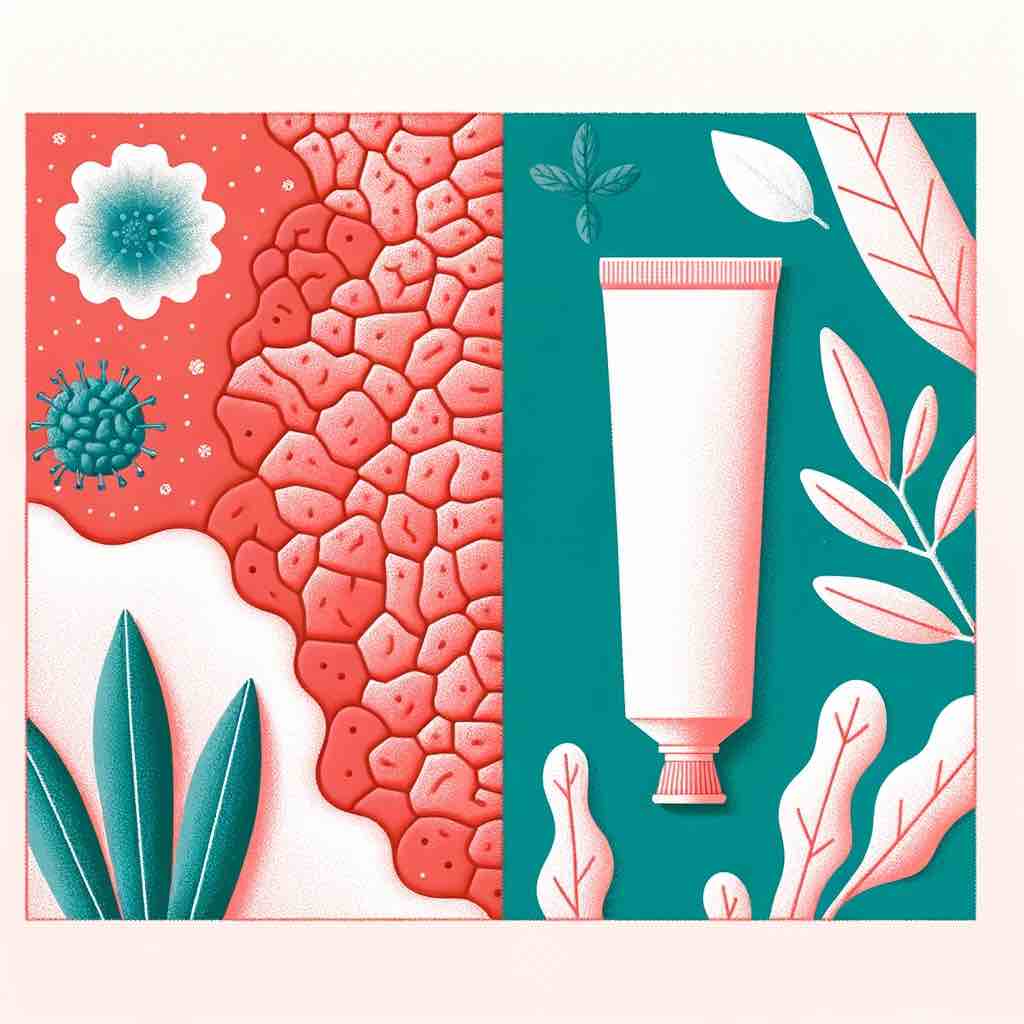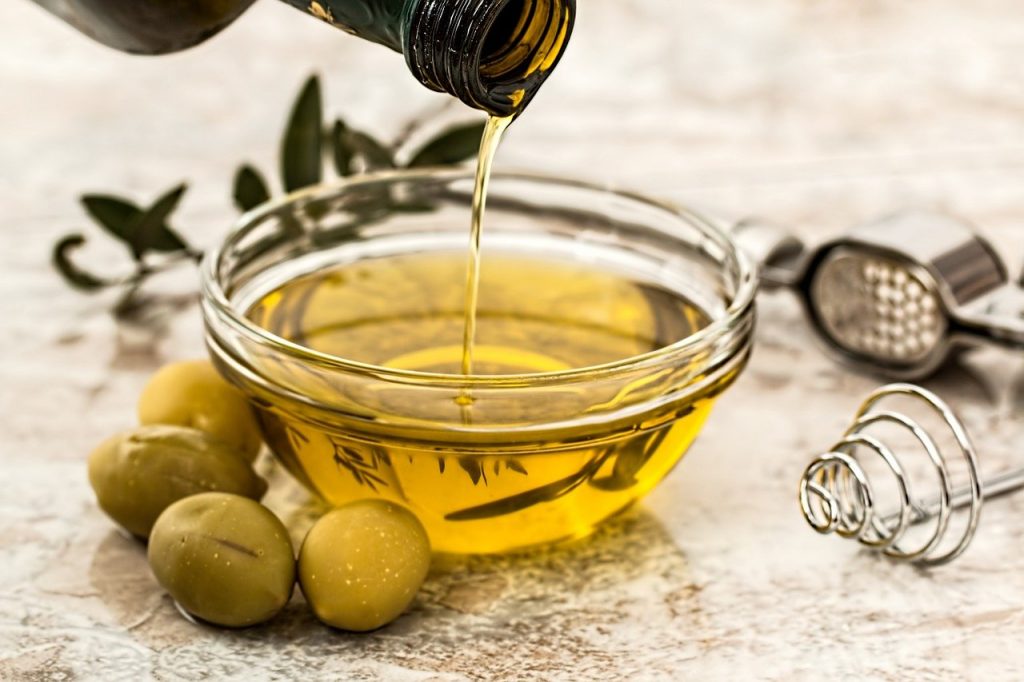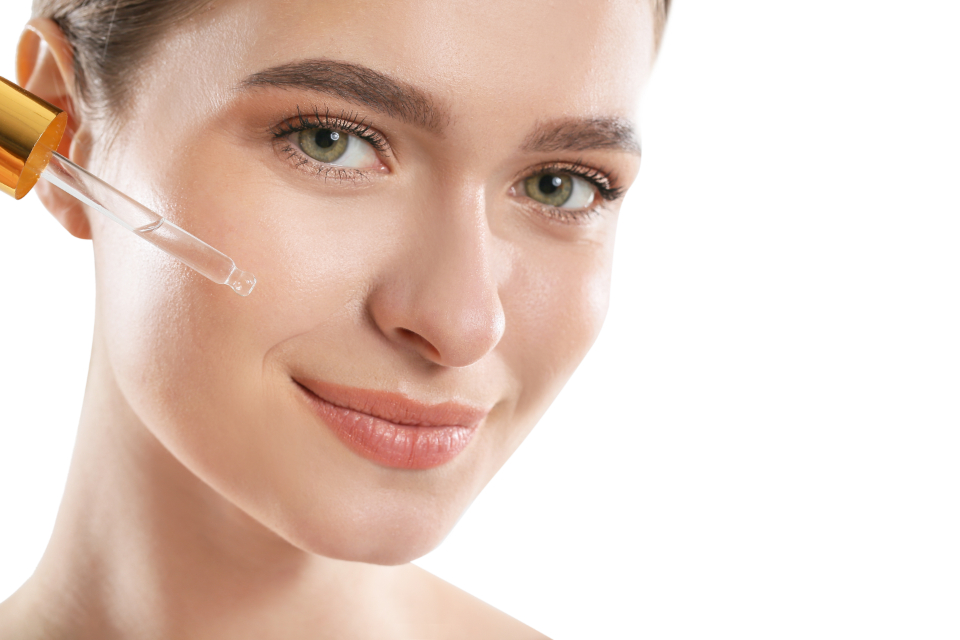
Introduction
Eczema, a relentless skin condition, has tormented many, leading to a ceaseless quest for a lasting remedy. The journey through various treatments, from topical steroids to lifestyle and dietary changes, has been tumultuous for many patients. Enter biologics, a revolutionary class of medications that have transformed the landscape of eczema treatment, offering hope and relief to those plagued by this chronic condition.
Understanding Eczema: A Quick Recap
Eczema, or atopic dermatitis, is more than just skin deep. It’s a chronic condition marked by inflamed, itchy, and often cracked skin. The relentless itch and discomfort impact the quality of life, leading to sleepless nights and affecting overall well-being. Understanding the fundamentals of eczema is crucial in appreciating the groundbreaking impact biologics bring to the table.
Further Reading
- Tea Tree Oil and Eczema: A Natural Remedy Explored
- Apple Cider Vinegar and Eczema
- Side Effects of Steroid Creams for Eczema
These resources provide a broader perspective on managing eczema, exploring various treatment approaches and considerations.
Biologics: What Are They?
Biologics represent a novel class of medications, engineered to target specific components of the immune system. Unlike conventional treatments, biologics are derived from living cells, allowing for a targeted approach in managing autoimmune and inflammatory conditions such as eczema. They herald a new era, moving beyond the generalized immunosuppressive effects of steroids, towards a more precise therapeutic strategy.
How Biologics Work in Eczema
Biologics operate by zeroing in on particular pathways involved in the inflammatory process. In the context of eczema, they modulate the immune response, curbing the excessive inflammation characteristic of the condition. By doing so, biologics alleviate the symptoms of eczema, such as itching and inflammation, enhancing the skin’s appearance and the individual’s quality of life.
Dupilumab: A Pioneer in Eczema Treatment
Dupilumab has emerged as a frontrunner in the realm of biologics for eczema. As the first FDA-approved biologic for atopic dermatitis, Dupilumab has showcased significant efficacy in managing moderate to severe forms of the condition. Administered through injections, it has become a beacon of hope for many, marking a significant milestone in the journey towards conquering eczema.
Side Effects of Biologics: What to Expect
Embarking on a treatment journey with biologics necessitates a comprehensive understanding of their potential side effects. While biologics herald a new era of targeted therapy, they are not without their challenges. Common side effects may include reactions at the injection site, such as redness or swelling. However, the body’s immune response could also be affected, potentially leading to increased susceptibility to infections.
It’s crucial to maintain open communication with healthcare providers, discussing any concerns or symptoms experienced during the treatment. This proactive approach ensures that any adverse effects are managed promptly, optimizing the overall treatment experience.
The Journey of Eczema Patients on Biologics
The introduction of biologics has illuminated the paths of many embarking on their eczema journey. Patients have reported significant improvements, experiencing relief from the relentless itching and inflammation that characterize this condition.
However, every journey is unique, and the effectiveness of biologics can vary. Some may find profound relief, while others may navigate through challenges and adjustments in their treatment plans. Sharing these diverse experiences fosters a supportive community, providing valuable insights and encouragement to those exploring biologics as a treatment option.
Biologics have undoubtedly revolutionized the therapeutic landscape of eczema, offering a beacon of hope to those navigating this tumultuous journey. They embody a targeted approach, moving beyond the conventional realms of treatment, towards a future marked by innovation and precision.
FAQs
- What makes biologics different from traditional eczema treatments? Biologics are designed to target specific parts of the immune system, acting on cellular messengers involved in inflammation. Unlike traditional treatments, which may affect the entire immune system or treat symptoms topically, biologics offer a more targeted approach, aiming to reduce the underlying inflammation that characterizes eczema.
- How are biologics administered for eczema treatment? Biologics are usually administered through injections. The frequency and dosage depend on the specific biologic and the severity of the eczema. Some biologics are designed for self-administration, allowing patients to manage their treatment at home after proper guidance from healthcare professionals.
- Can biologics cure eczema? Biologics can significantly improve eczema symptoms and enhance the quality of life for many patients. However, they are not a cure. They manage the condition by targeting specific immune responses involved in inflammation, helping to control symptoms and prevent flare-ups.
- Are there any dietary restrictions or lifestyle changes required when taking biologics? There are no specific dietary restrictions associated with biologics. However, maintaining a healthy lifestyle and following a balanced diet can complement the treatment, supporting overall well-being. It’s essential to discuss any lifestyle considerations with a healthcare provider to tailor a comprehensive and effective treatment plan.
- What should I do if I experience side effects from biologics? If you experience any side effects, it’s crucial to communicate with your healthcare provider promptly. They can provide guidance, adjust the treatment plan if necessary, and ensure that any adverse effects are managed effectively.
- Can biologics be used alongside other eczema treatments? Biologics may be used in conjunction with other treatments, such as topical therapies. The combination of treatments should be personalized based on the individual’s needs and discussed thoroughly with a healthcare provider to ensure compatibility and effectiveness.
- How long does it take to see improvements with biologic therapy? The time frame for noticing improvements can vary. Some individuals may observe changes within a few weeks, while for others, it might take a few months. Patience and consistent communication with healthcare providers are key in navigating this aspect of the treatment journey.
- Are biologics suitable for long-term treatment of eczema? The suitability of biologics for long-term use depends on the individual’s response and tolerance to the treatment. Continuous assessment and discussion with healthcare providers are essential in determining the most sustainable and effective approach for managing eczema.
- Is it safe to stop biologic therapy if symptoms improve? Decisions regarding the continuation or discontinuation of biologic therapy should always be made in consultation with a healthcare provider. Abruptly stopping treatment without professional guidance may lead to the recurrence of symptoms or other complications.
- Are biologics covered by insurance? Coverage for biologics varies based on individual insurance plans. It’s advisable to consult with insurance providers to understand the extent of coverage and explore any available assistance programs or resources.
Blog Tags
biologics, eczema treatment, immune system, inflammation, Dupilumab, side effects, patient journey, dermatology
Further Reading and Resources
Navigating through the journey of eczema treatment requires a comprehensive understanding and exploration of various approaches and remedies. Here are some curated articles that delve into different aspects of managing eczema effectively:
- Dive into the therapeutic potentials of tea tree oil as a natural remedy for eczema. This article explores its benefits, application methods, and considerations to enhance your eczema management strategies.
- Discover the role of apple cider vinegar in soothing eczema symptoms. Learn about its application, benefits, and how it can be integrated into your eczema care routine.
- Gain insights into the considerations and side effects associated with the use of steroid creams in managing eczema. Equip yourself with knowledge to make informed decisions in your treatment journey.
- Explore the revolutionary role of biologics in eczema treatment. Understand their mechanism, benefits, and what to expect when considering biologics as a treatment option.
Each article offers valuable perspectives and information, aiming to support and guide you through various facets of eczema treatment and care.















